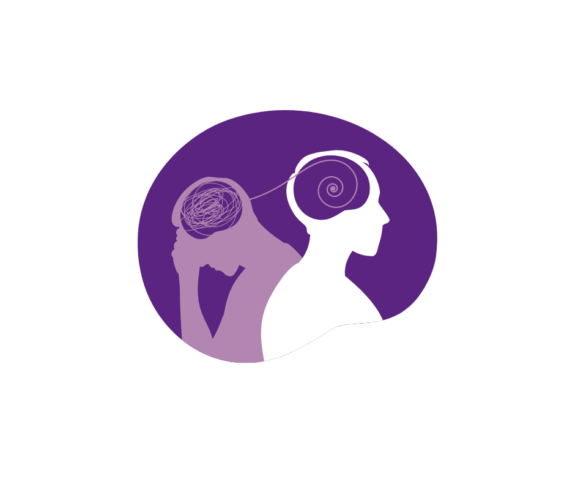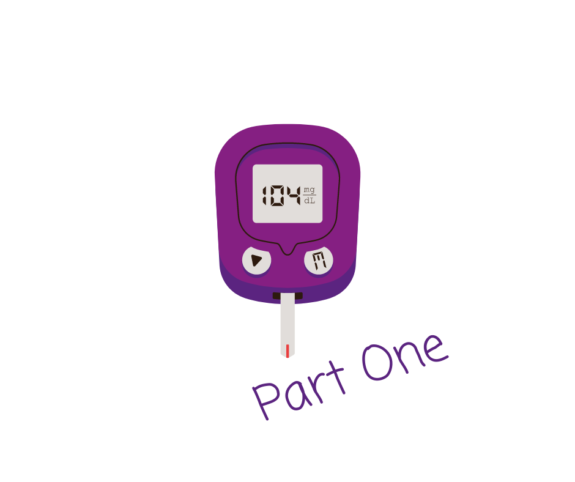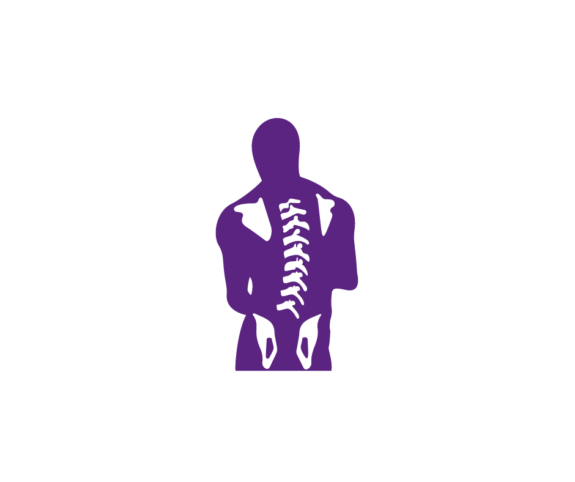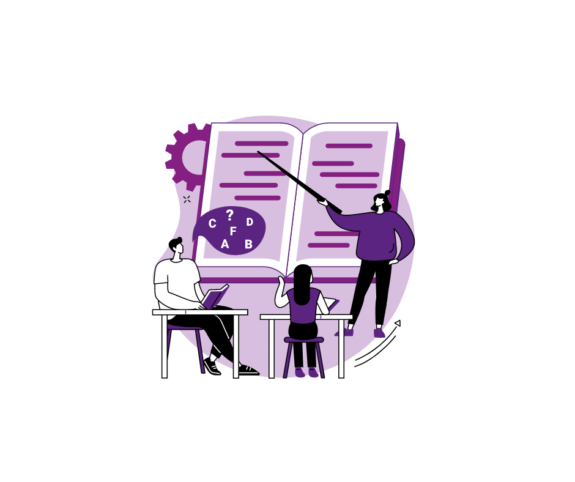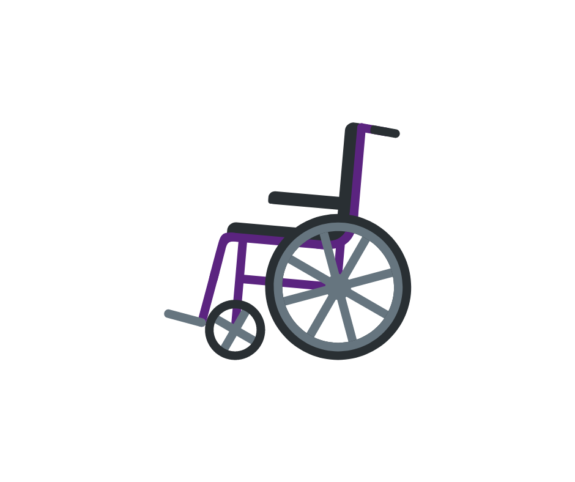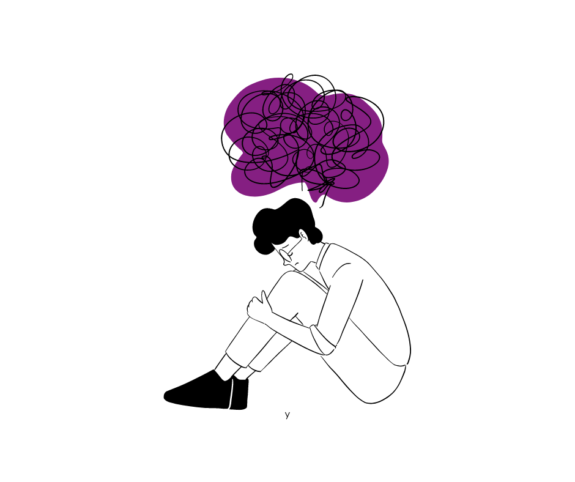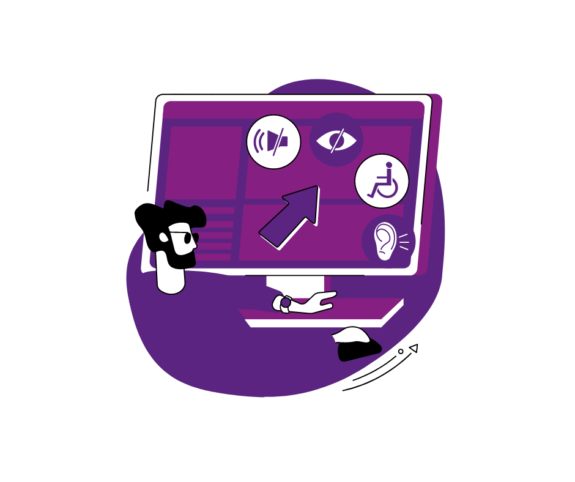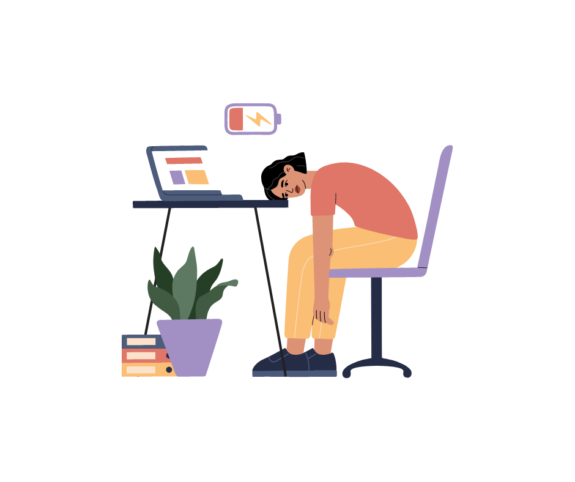I think it’s safe to say that the last few months have been somewhat trying for all of us. The Coronavirus has changed the way we live, the way we work and how we interact with other people. We’ve all been stuck in the house, unable to see family and friends and trying to work out how to live in this new normal which isn’t very normal at all!
For our disabled clients the virus and lockdown has added a new layer of stress to already complicated situations, however, they’ve spent many years trying to find ways around inaccessible situations so who better to ask for some helpful hints and tips! I decided to reach out to my clients to find out how they’ve been coping and find out what advice they can give to the rest of us.
Aimee – “Be mindful. Find the positives instead of the negatives”
Aimee Veitch of Corsetry and Couture (https://corsetryandcouture.co.uk/), lives with her husband and children and has M.E., fibromyalgia, dyslexia, functional neurological disorder, hypermobility, anxiety and depression. Normally she’s rushed off her feet making wedding dresses and corsets however, the past few months haven’t gone quite to plan.
At the beginning of lockdown, she couldn’t do anything at all due to debilitating anxiety from the constant news and social media coverage. Along with that was the fact that she wasn’t earning any money. With the wedding industry being on hold and social distancing in place, Aimee was unable to take on any new customers or work with current customers in person which added to her stress.
She quickly realised that she had to find a better solution and began by limiting the amount of news she was reading, focusing on only the things she could control. She’s grateful for the opportunity to spend more time with her family and has been able to take stock of what’s happening with her business and work out how to make it stronger. Finding the positives instead of the negatives in every situation made a huge difference! She even used her newfound free time to make scrubs and clothing bags for the NHS, recruiting and organising a group of fabulous people all over the North East to help.
Phil – “Create a routine to keep your mind busy.”
Phil Benton of Phil Benton Photography’s (https://philbentonphotography.com/) business and mental health have been affected greatly by the lockdown. Living alone, he’s found it much harder to stay connected and being stuck in the house means he hasn’t been able to go out and do his job. Phil suffers from M.E. and vasovagal syncope and like Aimee, struggled at the beginning of the lockdown with all of the negative news coverage.
The best coping mechanism Phil has found has been to make a routine and stick to it. With normal routines gone, he’s had to adapt to find a new normal. It could be so easy right now to sit back and let the days pass by but Phil has definitely found that having a routine keeps him busy and stops him from having so many negative thoughts. With the slight easing of lockdown he’s also been able to get his camera out again and is definitely thinking ahead!
Dean – “Keep up a routine and stay in touch with people as much as you can.”
Dean Reynolds is an Accessibility Consultant (https://deanfrankreynolds.com/) who suffers from Meniere’s disease, peripheral neuropathy and profound hearing loss and has spent many years working out how to make his disability work for him. All of this was thrown into minor chaos when the lockdown came, as suddenly, his well thought out routine was not so accessible. Usually Dean would go to the spa within his local gym on a regular basis as that was helpful in controlling pain levels but all gyms and spas were closed under the lockdown rules. Understandable, but still frustrating.
Fortunately, his years of dealing with obstacles helped him to work within his new parameters and he knew how important keeping up a routine, whatever it may be, would make all the difference. Planning ahead allows him to keep on top of his workload and regular zoom calls with friends and support workers help him stay connected.
Gemma – “Make your bed in the morning and get dressed.”
Gemma Ryan of The Art to Survival (thearttosurvival.com) lives alone and has struggled considerably over the past few months. Catching coronavirus just at the beginning of lockdown took away some of the fear but she then became worried that she might pass it on to others or that it might get worse or cause a relapse. Gemma suffers from M.E., depression and anxiety and has experience of being housebound. Living alone she’s found the biggest challenge to be the lack of human contact. We often don’t realise how much we value something until it’s gone and not being able to hug anyone at all has been difficult.
After she started to recover from her illness Gemma went back to old tried and tested methods of supporting her mental health; making her bed and getting dressed. It sounds simple but it’s surprising how much of a difference it makes. Once the bed is made you’re less likely to get back in it and more likely to go and do something productive. She also stays in regular contact with friends by phone or video chat for virtual hugs which may not be as good as the real thing but are an acceptable substitute!
Whatever method you choose to help you through this, make sure it will support your mental health and please reach out if you’re struggling. You can’t take care of others if you don’t take care of you first.

